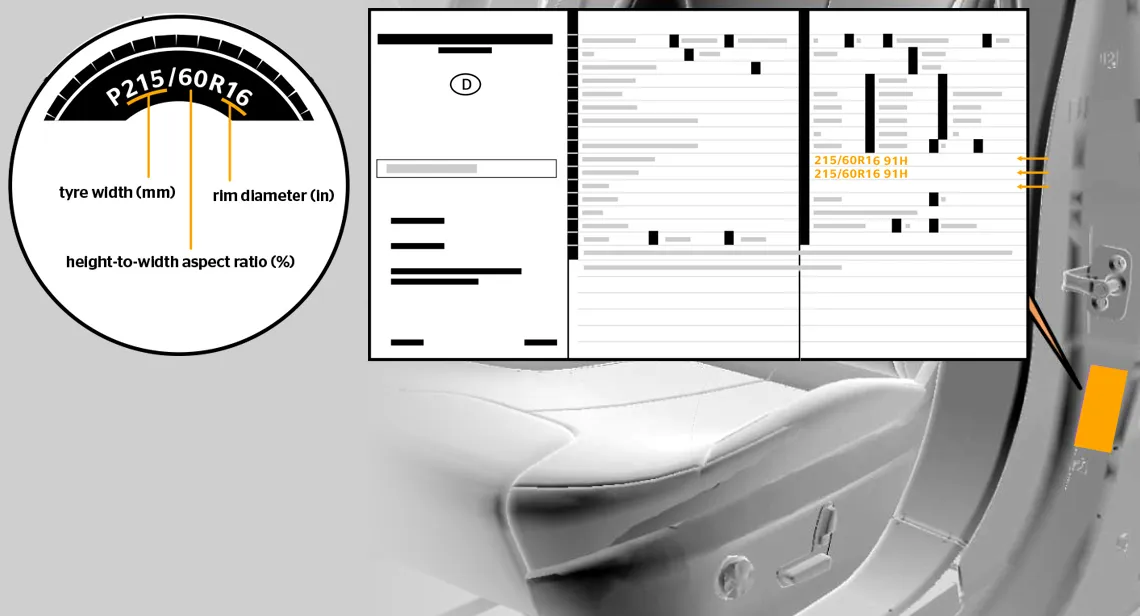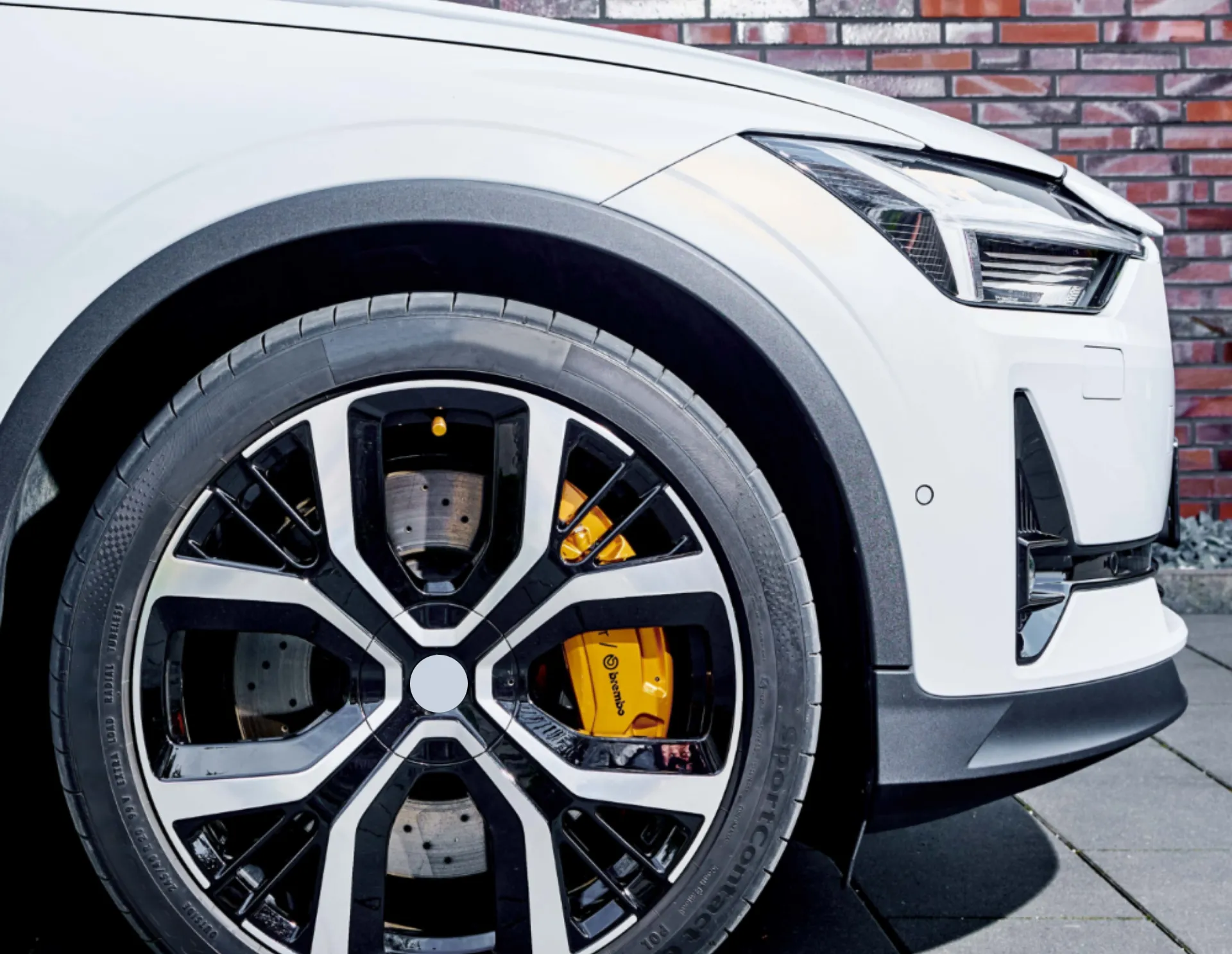.png)
In Lebanon, the tire market is undergoing a dynamic shift, reflecting broader changes in the automotive landscape. From bustling urban centers to rugged rural roads, the variety of vehicles navigating the country is growing, and with it, the demand for specialized, high-performance tires. As drivers become more discerning and regulations more stringent, the need for innovative tire solutions has never been greater. Continental Tires Lebanon is at the vanguard of this transformation, skillfully responding to these challenges with cutting-edge technology and a keen focus on sustainability. This blog delves into the factors reshaping tire demand in Lebanon and illustrates how Continental Tires is leading the charge to meet these evolving needs, ensuring top-notch safety, performance, and environmental stewardship for every journey.
Vehicle Type Segmentation
The tire market is segmented based on vehicle types, each with unique requirements:
- Passenger Cars: As the most common vehicles for personal transportation, passenger cars demand tires that balance comfort, performance, and durability.
- Light Commercial Vehicles (LCVs): Used primarily for goods transport within urban areas, LCVs require tires that support heavier loads and frequent stop-start driving.
- Medium and Heavy Vehicles: Trucks and buses need robust tires designed for long-haul durability and high load capacities.
- 2-Wheelers: Motorcycles and scooters require tires offering stability and grip on various road conditions.
- 3-Wheelers: Common in certain regions for light transport, these vehicles need specialized tire designs.
- Other Vehicles: This category includes bicycles and specialty vehicles, each with unique tire requirements based on their specific use cases.

Radial vs Bias-Ply Tires
Tire construction significantly impacts performance and application suitability:
- Radial Tires: Featuring ply cords running perpendicularly to the tire's direction of travel, radial tires provide better flexibility and reduced rolling resistance. Benefits include:
- Longer tread life.
- Improved fuel efficiency.
- Enhanced ride comfort and performance.
- Bias-Ply Tires: With ply cords running diagonally and crisscrossing, bias-ply tires are generally more affordable and suitable for specific heavy-duty applications.
End-Use Demand
Tire demand is categorized into two primary segments:
- Replacement Tires: This segment constitutes a significant portion of the market, driven by the need for periodic tire replacements due to wear and tear.
- Original Equipment Manufacturer (OEM) Demand: Refers to tires fitted on new vehicles.

Technological Advancements
Technological innovations are reshaping the tire industry:
- Enhanced Longevity.
- Fuel Efficiency.
- Performance Improvements.
Market Growth Drivers
Several factors are driving market growth in Lebanon and the broader Middle East and Africa region:
- Mining Activity.
- Infrastructure Development.
- Automotive Industry Growth.
Regulatory Policies
Government regulations play a crucial role in shaping the tire market:
- Reducing Carbon Emissions.
- Safety Standards.
.png)
Continental Tires Lebanon: Meeting Market Demands
Continental Tires Lebanon is at the forefront of addressing these market dynamics through:
- Innovation.
- Sustainability.
- Adaptability.
- Customer Focus.
Conclusion: Understanding the factors influencing the tire market in Lebanon provides valuable insights into its evolution. Companies like Continental Tires are strategically positioning themselves to meet changing demands through innovation, sustainability, adaptability, and a strong customer focus. This comprehensive approach ensures that Continental Tires Lebanon remains a key player in the ever-evolving tire market.







